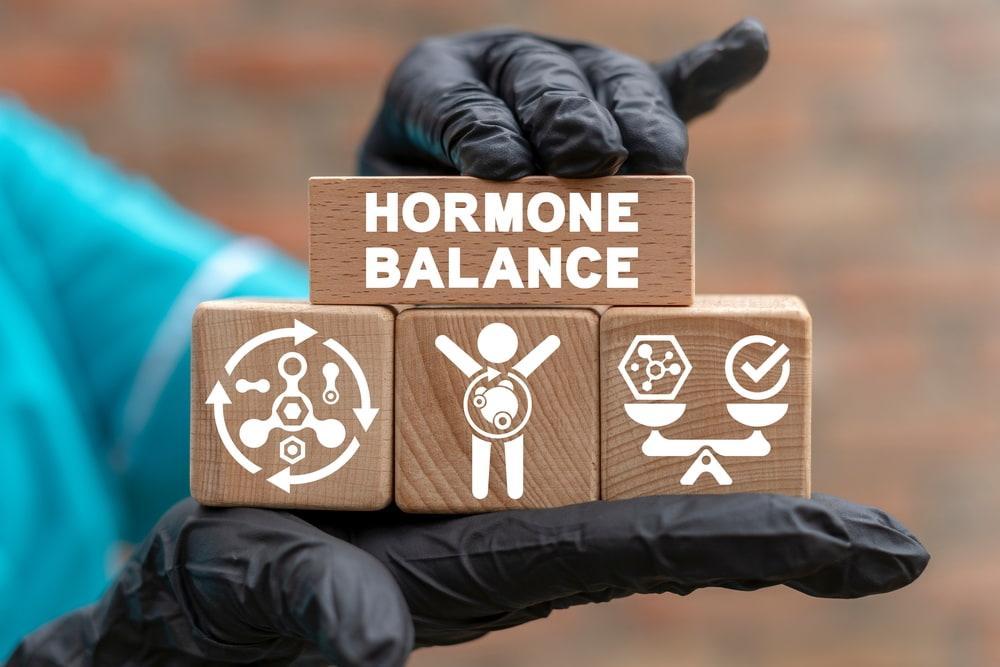7 Fun Facts About the Immune System
Medically reviewed by our experts


Did you know there are numerous fun facts about the immune system? This vigilant defense mechanism stands as an unsung hero, working tirelessly to safeguard your body from potential threats.
The immune system is a remarkable and intricate web that shields and preserves your well-being day and night without you even noticing.
Yet, within its complexity lies a plethora of intriguing discoveries that often remain hidden from common knowledge.
Beyond the surface, the immune system orchestrates an astonishing array of responses, employing a symphony of cells, molecules, and processes.
Imagine these unseen warriors, each with their unique, specialized roles, engaged in a never-ending dance of protection. Interestingly, the immune system operates as a double-edged sword, both guarding against pathogens and occasionally misfiring, sometimes even leading to autoimmune conditions.
What are some fun facts about the immune system that might surprise you? Delight in the revelation of its ingenious strategies and surprising adaptability.
From its ability to distinguish between self and non-self to the intricate mechanisms that balance tolerance and defense, every discovery sheds light on its exquisite functionality.
These fascinating revelations not only expand our understanding of our body’s inner workings but also offer insights into potential breakthroughs in medical science.
What Are Some Fun Facts About the Immune System?
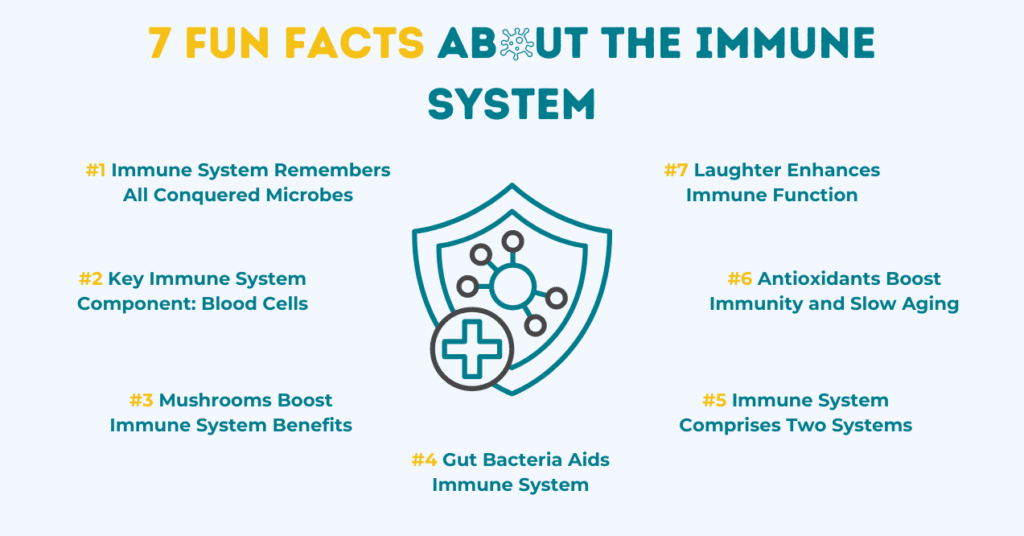

The immune system is a remarkable feat of biological engineering, boasting various exceptional features that make it truly extraordinary.
Not only is it responsible for protecting you against diseases, but also for promoting wound healing and eliminating damaged cells in your body.
Research has shown that emotions and stress levels can impact this complex network, highlighting the intriguing connections between the mind and body.
These captivating aspects collectively make it an endlessly fascinating and vital component of human biology. Let’s dive into some more fun facts about the immune system, shall we?
1. Our Immune System Remembers Encountered and Conquered Microbes


As mentioned earlier, the immune system is a complex and elaborate defense mechanism that safeguards your body against harmful invaders such as bacteria, viruses, and other infections.
The immune system has a remarkable ability to remember many of the microbes it has encountered and conquered.
Immunological memory is a process that plays an integral part in your long-term immunity. When the immune system encounters a new pathogen, it initiates a sophisticated and coordinated response to detect, target, and kill the intruder. This first contact also stimulates the formation of specialized memory lymphocytes, such as T and B cells.
Memory T cells are a type of white blood cell that remembers the specific properties of the infection that has been beaten. They keep this information even after removing the pathogen from your body. Similarly, memory B cells are in charge of producing antibodies that can precisely identify and neutralize the trespasser.
This immunological memory serves as the foundation for long-term immunity against future infections. When the same ailment tries to infiltrate your body again, the immune system quickly detects it and delivers a speedy and effective response.
Memory cells provide for a quicker and more efficient comeback than the initial encounter, stopping the virus from causing harm or spreading further.
Immunological memory is not only a fascinating biological phenomenon. It is also the foundation of vaccine effectiveness. Some jabs expose the immune system to weakened or inactive viruses, allowing it to develop memory cells without causing sickness.
This process primes your body’s defense mechanism to respond more rapidly and efficiently upon future encounters with the virus.
2. The Most Important Part of the Immune System Are the Blood Cells
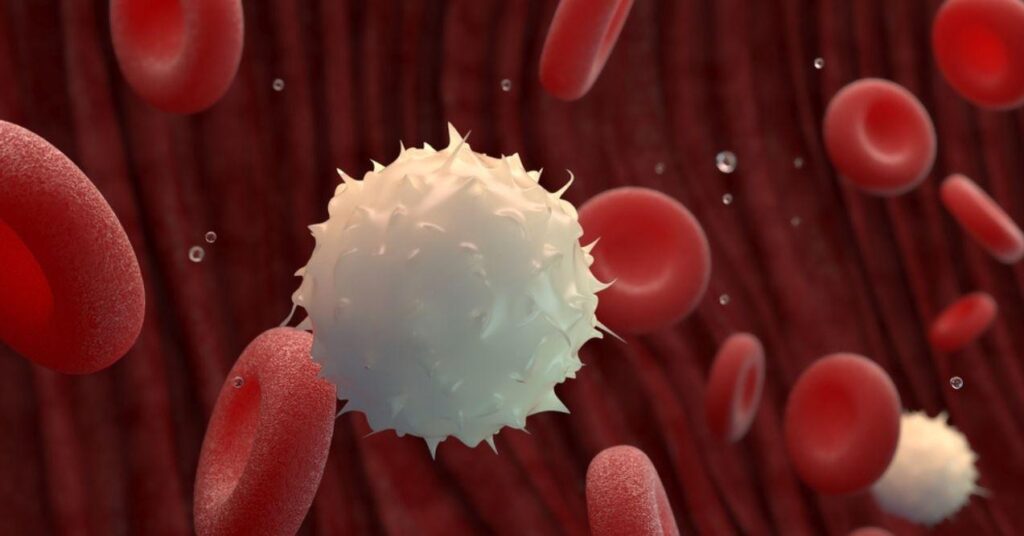

To support its many functions, including immunity, the human body produces millions of new blood cells daily. This continuous renewal helps ensure that your body remains prepared to defend against harmful invaders.
Commonly known as leukocytes, white blood cells play a crucial role in the immune response. These adaptable defenders are classified into several categories, each with a distinct role in fighting infections and illnesses.
Neutrophils are the first immune cells to respond to an infection, rapidly moving to the site of invasion and consuming the pathogens. T cells and B cells have the ability to “remember” previously encountered pathogens and respond to them in a specific and targeted manner.
T cells have the ability to directly destroy infected cells, while B cells create antibodies that neutralize infections. Lastly, monocytes and macrophages act as a clean-up crew by scavenging and removing debris and dead cells, which helps to facilitate the healing process.
Beyond combating infections, the immune system also plays a role in identifying and attempting to eliminate potentially malignant cells. It actively monitors and thwarts malignant cell development. Immune cells aim to detect and clear out abnormal cells, although some might escape this surveillance.
This characteristic highlights one of the many ways the immune system works to safeguard your health.
3. Mushrooms May Provide Major Benefits for Your Immune System


One interesting discovery in the world of fun facts about the immune system is that mushrooms can provide significant immune health advantages. For centuries, mushrooms have been valued in traditional medicine across various cultures, and recent research supports their role in supporting immune functions.
Certain mushroom species, such as Reishi, Shiitake, Maitake, and Turkey Tail, happen to be high in bioactive chemicals that help improve immune system function. These mushrooms contain beta-glucans, which are a type of polysaccharide that enhances the function of immune cells like macrophages and natural killer cells.
Given the role of these immune cells in recognizing and neutralizing pathogens, mushrooms can be a valuable ally in supporting your body’s defense against illnesses.
Some studies suggest that consuming mushrooms can benefit the immunological responses of both healthy and immune-compromised individuals. Eating mushrooms regularly has been associated with higher levels of cytokines.
Cytokines, essential proteins in cell signaling, play a role in coordinating immune responses and activating white blood cells crucial for combatting pathogens
They have been related to improving gut health by increasing the growth of helpful gut bacteria, which is essential for maintaining a healthy immune system.
The adaptability of most edible and medicinal mushroom species allows for a variety of culinary applications, making them a delightful and accessible addition to your diet. Mushrooms, whether enjoyed in savory dishes or taken as supplements, can be a nutritious choice with potential immune-supporting properties.
4. Bacteria in the Gut Assist in the Immune System
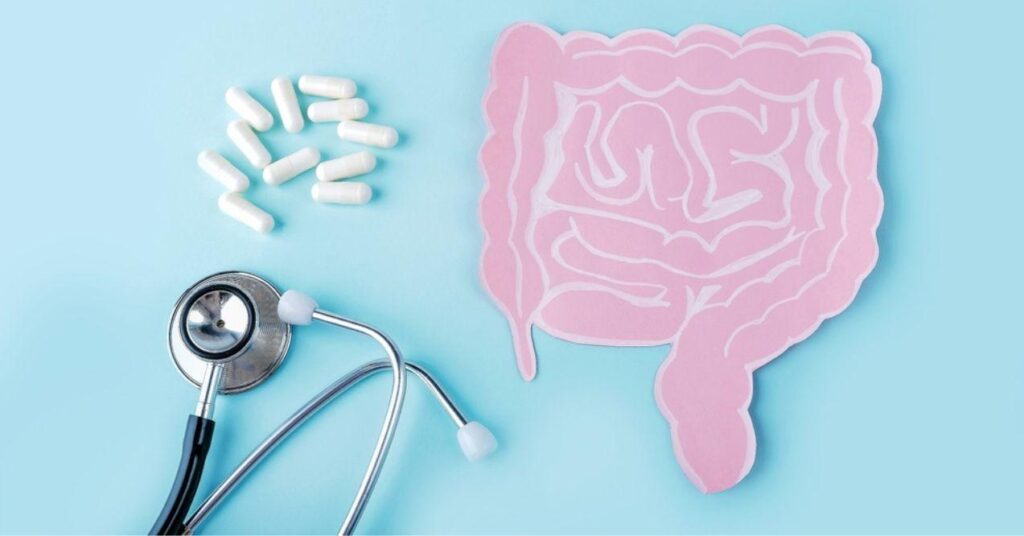

Your immune system has a symbiotic interaction with the billions of bacteria that live in your gut. The latter is home to a complex collection of bacteria known as the gut microbiota, which has a remarkable influence on your body’s defense processes.
One of the critical ways in which gut bacteria help the immune system is through the creation of short-chain fatty acids (SCFAs). These metabolic byproducts of dietary fiber fermentation can lower inflammation and promote a healthy immune response. In other words, they help to maintain immune system balance and homeostasis.
Furthermore, the gut microbiota acts as a defense against dangerous diseases by occupying ecological niches that prospective invaders might otherwise exploit. The beneficial bacteria can outcompete pathogenic germs in these gaps, preventing them from invading your gut and causing illnesses.
Surprisingly, the gut microbiome influences immune cell growth and function outside your intestines.
This association between gut health and immunity is so strong that changes in the composition of the gut microbiota have been connected to an increased risk of different immune-related illnesses, including:
- Allergies
- Autoimmune disorders
- Skin conditions
- Mood disorders
The partnership between your immune system and the microorganisms in your gut is an enthralling illustration of just how the human body depends on complex relationships to sustain health and well-being.
As scientists explain more about this symbiotic interaction, they provide us with new insights into how to improve our immune systems.
5. The Immune System Is Made up of Two Different Systems
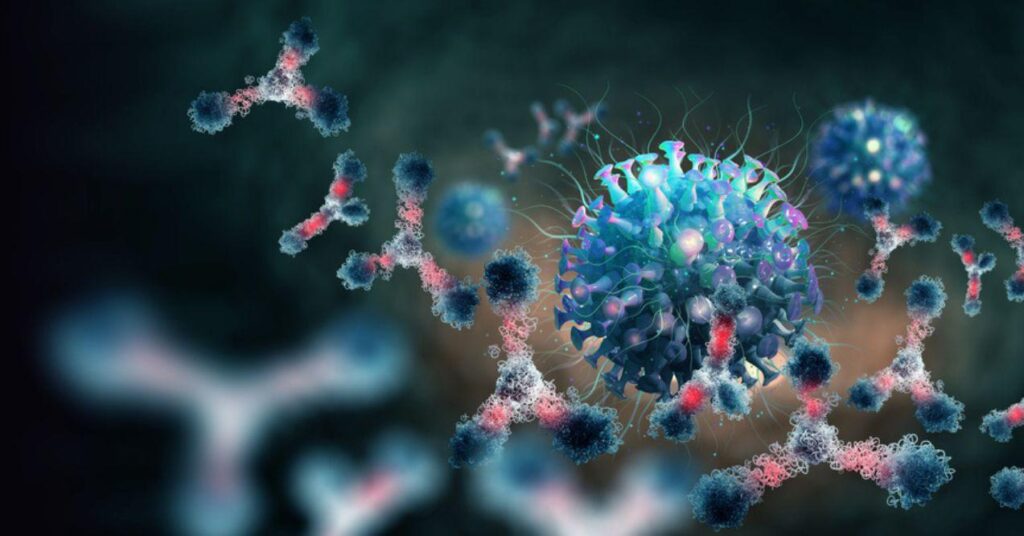

Another fun fact about your body’s immunity is that this intricate defense network comprises two different systems working together to protect you.
These mechanisms, known as the innate and adaptive immune systems, provide a dynamic and comprehensive defense against common threats — and not-so-common ones as well.
The flawless collaboration of these two systems guarantees the body’s ability to combat a wide range of dangers. Their partnership demonstrates the immune system’s astounding complexity and inventiveness.
The innate immune system is your body’s first line of defense, responding rapidly to any foreign invader with no prior exposure. It includes physical barriers like the skin and specialized immune cells like neutrophils and macrophages that identify and eliminate infections. The swift response of this system is crucial in preventing diseases from sticking and prevailing.
The adaptive immune system, on the other hand, functions with extraordinary specificity and memory. When it comes into contact with a pathogen, it develops specialized defenses via immune cells known as T and B lymphocytes.
The ability of this system to keep track of previous infections allows for quicker and more effective responses in later encounters. Vaccines work with the adaptive immune system to provide immunity without producing sickness.
6. Antioxidants Not Only Slow Aging but Also Optimize the Immune System


Antioxidants are all the rage these days for their anti-aging characteristics. However, they also have an intriguing secret: they are powerful allies in boosting the immune system. These fantastic compounds serve an essential function in neutralizing free radicals, which are unstable molecules that can cause havoc on cells and tissues.
The effects of oxidative stress on your immune cells can hamper their ability to combat infections and illnesses. By curbing oxidative stress through antioxidants, you can help mitigate chronic inflammation, which is linked to almost every health issue, including autoimmune diseases.
Antioxidants, which are plentiful in fruits, vegetables, nuts, and certain herbs, counteract these adverse effects, assisting in maintaining immune cell integrity and efficiency. By including antioxidant-rich foods in your diet, you can optimize your immune system’s functionality.
The synergy between antioxidants and immune function can contribute to enhanced longevity. As your immune system maintains its vigor and balance, you’re better equipped to fend off various health challenges that can arise with the passage of time without triggering autoimmune responses.
Moreover, certain antioxidants, like vitamins C and E, have been shown to support the production and function of immune cells, such as white blood cells. These vitamins also contribute to the formation of antibodies, the body’s specialized proteins that target specific invaders for destruction.
7. Laughter Helps Boost Immune Function in the Body


As it turns out, a chuckle a day keeps the doctor away, which is yet another remarkable fun fact about your body’s defense mechanism.
When you laugh, your body releases endorphins, which are the feel-good hormones that improve mood and lower tension and anxiety. This favorable emotional state has an immediate impact on immunological function.
Increased stress levels increase the production of cortisol, a hormone known to inhibit the immune system. Laughter helps counteract the synthesis of this hormone, maintain a healthy immunological response, and ensure that your body’s defenders stay active and watchful in the face of potential threats.
Studies have shown that laughter therapy, or laughter yoga, increases immunological function and overall well-being. Laughter-inducing tasks, such as spending time with friends, watching comedies, or engaging in humorous conversations, are more than merely pleasurable pastimes. They become essential immune-boosting activities.
How to Boost Your Immune System’s Integrity?
As you are now very much aware, your body’s immune system plays a vital role in overall health. And if you are like most people, maintaining your body’s physical condition is a no-brainer. Lucky for you, PureHealth Research brings you Nano Powered Omega 3 to promote your immune system’s integrity, among multiple other health benefits.
Nanotech has been a significant technological advancement in the wellness industry, and nothing speaks more to that than this supplement.
For the longest time, professionals in the field struggled with how to refine the body’s absorption processes to accommodate nutrients with a large molecular structure, such as omega-3 fatty acids. With nanotechnology, the conundrum is now a story of the past.
DHA, in particular, is quite a strong immune modulator. By countering the effect of harmful omega-6 fatty acids, DHA serves to support healthy gums and cardiovascular functions. This essential omega-3 fatty acid also alleviates swollen joints, bringing you back the much-needed comfort you deserve to go about your day.
If you’re not that much into fish and other seafood for your weekly omega-3 dose, then Nano Powered Omega 3 is the supplement for you. You also get two free e-books with your order — and best believe that they are both geared towards healthy living. Shop now!
Final Thoughts
Discovering fun facts about the immune system has been an enthralling voyage into the wonders of our body’s defense mechanism. We have learned the intriguing details that make human immunity an awe-inspiring power, from the immune system’s ability to recall conquered invaders to the surprising involvement of gut bacteria and the good influence of antioxidants and laughing.
As we continue to decipher the mysteries of immunology, these fascinating facts remind us of the limitless wonders within our bodies. With this knowledge, we can make informed decisions to support our immunological health and live lives that are full of vitality and well-being.
Popular Articles
Advertisement. This site offers health, wellness, fitness and nutritional information and is designed for educational purposes only. You should not rely on this information as a substitute for, nor does it replace, professional medical advice, diagnosis, or treatment. If you have any concerns or questions about your health, you should always consult with a physician or other health-care professional. Do not disregard, avoid or delay obtaining medical or health related advice from your health-care professional because of something you may have read on this site. The use of any information provided on this site is solely at your own risk.










